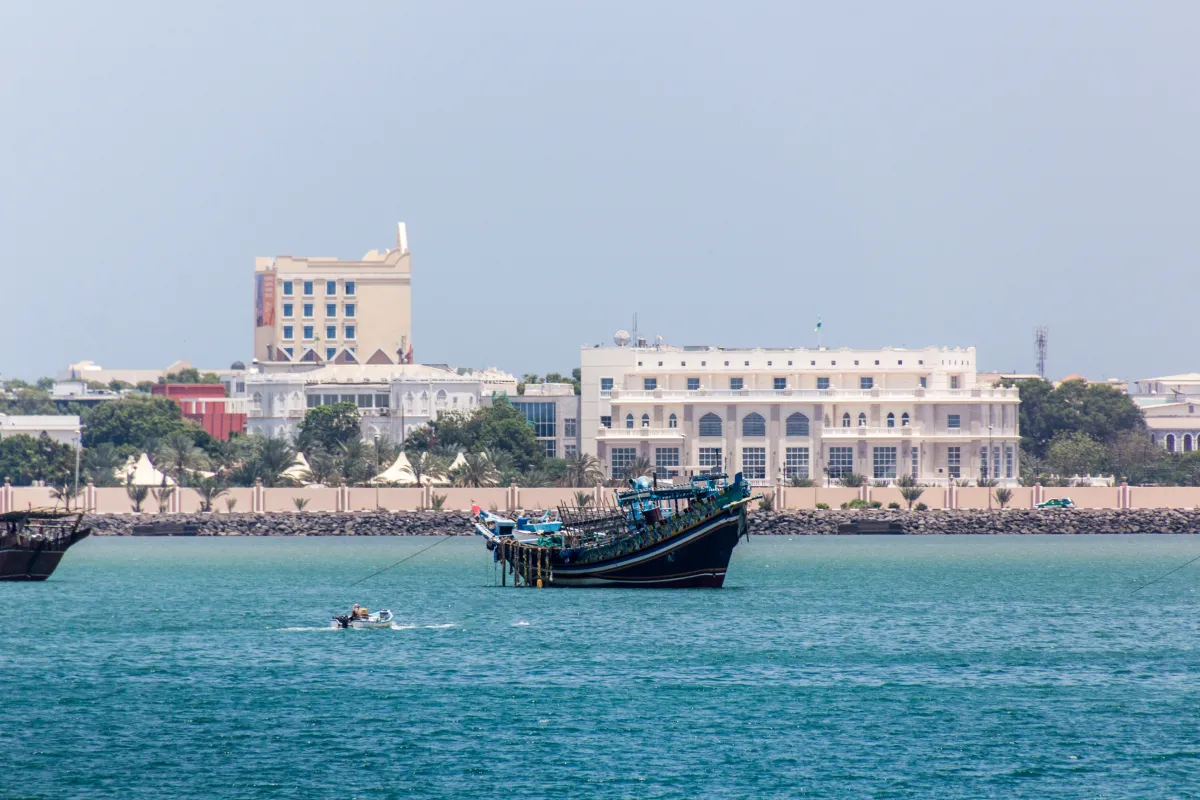
Countries
Employer of Record in Djibouti | Employee Benefits
We help you remain competitive for top talent and grow your global team quickly — no entity required

Djibouti Fast Facts
Download our guide to hiring in Djibouti.
Employee Benefits in Djibouti
Bonuses and additional payments
In Djibouti, the Labor Code (Article 98) mandates a minimum annual bonus of 10% of a worker's annual wage. The maximum bonus allowed by law is 30%, and the percentage the employer applies must be the same for all eligible employees.
Annual leave
Employees in Djibouti are entitled to paid vacation leave after completing one year of service. The statutory entitlement is thirty days per year, regardless of the employee's length of service. This leave is fully paid and can be taken throughout the leave year, as agreed between employer and employee.
Additional leave may be offered as part of an employment contract, though it is not required by law. Many employers offer enhanced leave policies to stay competitive and improve retention.
Unused statutory leave must be taken within twelve months after it is earned. Payment in lieu of unused leave is only permitted upon termination of employment.
Sick leave
Personal and sick leave are governed by the Djibouti Labor Code. Employees are entitled to up to fifteen days of paid sick leave per year, granted after thirty days of continuous employment. Employers may offer more generous sick leave policies through employment contracts or collective agreements.
Parental leave
Employers must provide 18 weeks of paid leave during an employee’s pregnancy, regardless of birth order.
Pregnant employees who have worked for an employer for at least 180 days in the 12 months prior to the date of expected delivery are eligible for benefits, with medical certification required eight weeks before the due date.
Additional benefits
In addition to the above, employers are legally required to contribute to the National Pension Fund (CNSS). Employers contribute 6% of an employee’s basic salary for employee retirement savings.
Free public healthcare coverage is provided to all Djiboutian residents, but a majority of the population relies on private healthcare. Employer social costs cover a large portion of employee benefits in Djibouti, but we can consult with you about supplemental coverage options, such as additional pension contributions or life insurance, if needed. As your employer of record in Djibouti, we may be able to provide optional supplementary medical insurance coverage for professionals and their dependents at a more cost-effective rate.
Disclaimer: The information provided is for informational purposes only and does not constitute legal or professional advice. Safeguard Global disclaims any liability arising from reliance on this information. Certain content may be sourced from third parties and remains their intellectual property; all other content is owned by Safeguard Global and protected by applicable intellectual property laws. You are encouraged to seek professional or legal advice to address any issues, questions or matters arising from the information contained herein.

Contact Us
Book a demo today
We’d love to learn more about your needs and show you how we can help. Submit the form and we’ll be in touch to schedule a personalized demonstration of our platform and services.
Schedule an appointment
Fill out the form to speak to a rep about how we can help your organization.



















